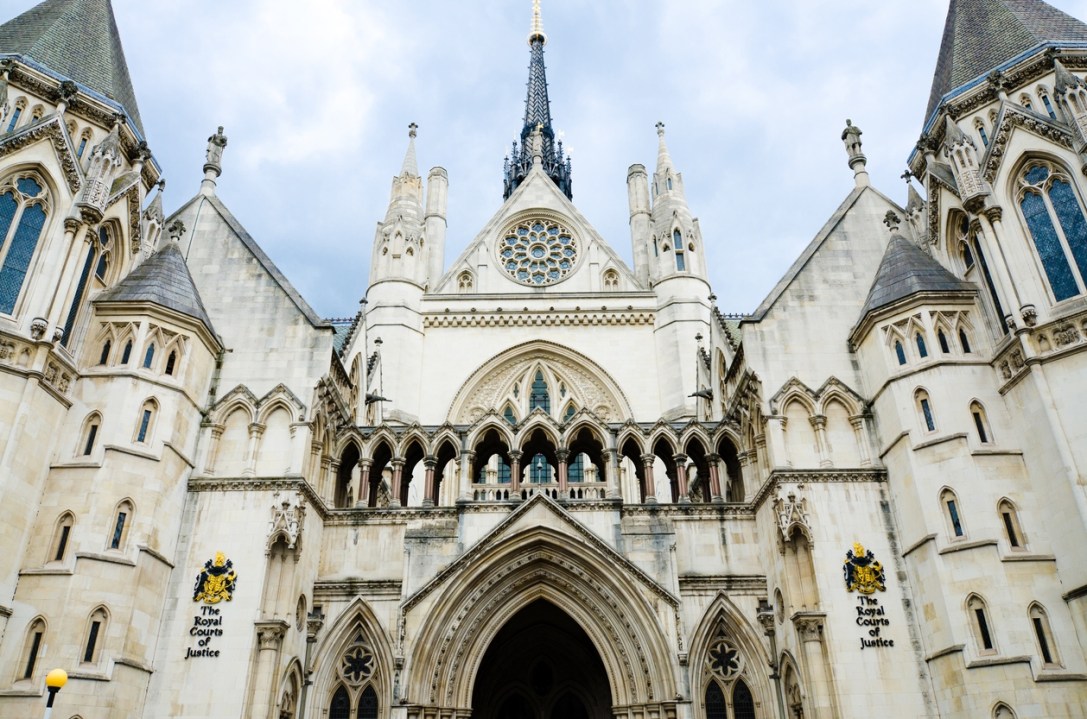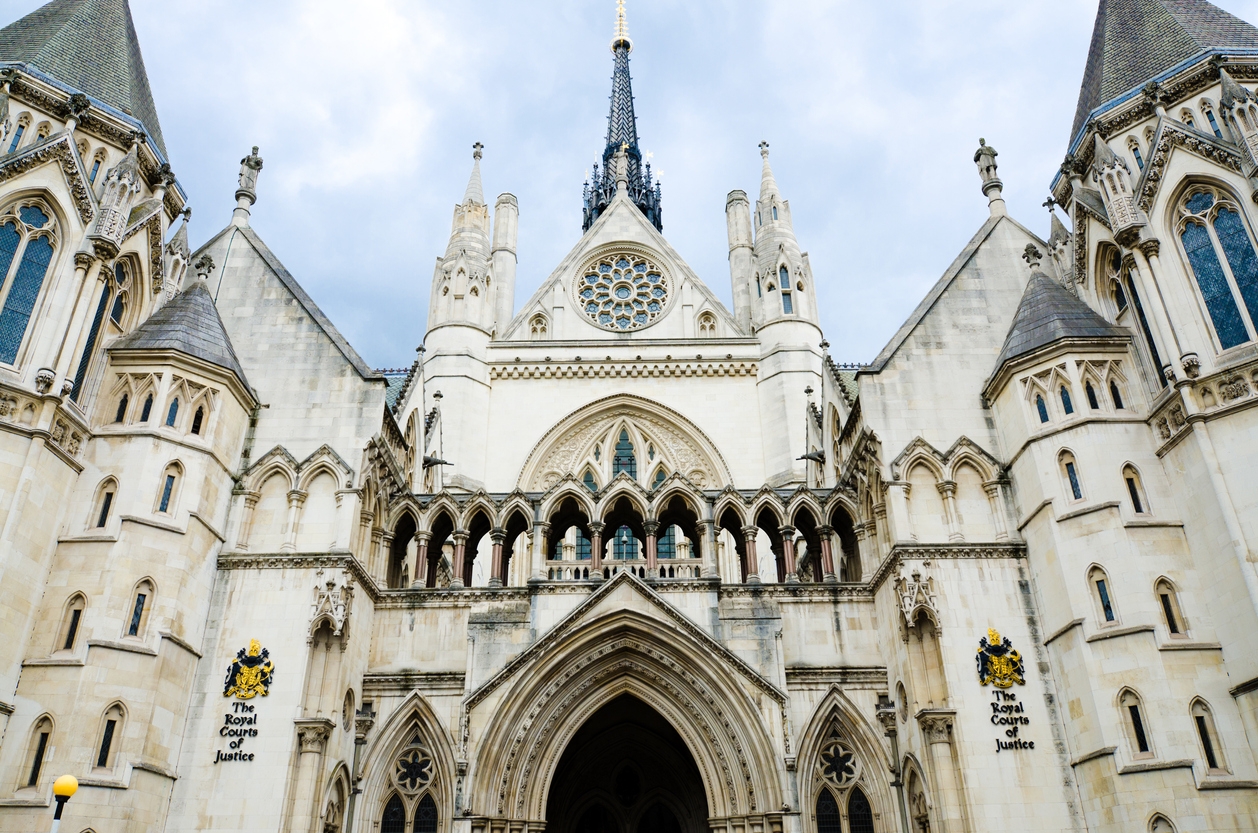At the end of last week the Court of Appeal explained why it had upheld the conviction of a grandfather – who can be identified only as ‘SB’ – for sexually abusing his granddaughter, even though that same granddaughter told the court, under oath, that he is innocent.
The granddaughter, identified in the judgment as ‘M’, was 13 when she told her mother and then her counsellor that SB had sexually assaulted her when she was 3 to 9 years old. The counsellor reported this to the police, and M repeated the allegations on video, and again under cross-examination in the Crown court. There was no corroboration of her allegations but eleven out of the twelve jurors were sure she was telling the truth. He was convicted and sentenced to 12 years in jail.
The grounds of his appeal were very simple: shortly after the trial M admitted that she had lied. Her grandfather had not abused her. She had made it all up. She went to an independent solicitor, signed a statement retracting her evidence and explained why. In essence, she said that she had been seeking attention and never thought things would develop as far as they did.
The case was heard by the Court of Appeal. The judges warned M that she need not answer any questions that might involve admitting perjury; it would have been easy for her to shelter behind this warning and say nothing. She did not. She repeated her retraction under oath. The prosecution cross-examined her and M continued to insist that her grandfather was entirely innocent.
The Court listened to her new evidence and decided that she was lying. The retraction of her evidence, it said, was ‘demonstrably unreliable’. The conviction was therefore ‘safe’ so he must continue to serve his twelve year prison sentence.
One possibility, of course, was that she had been put under improper pressure to change her story by her family. There was no evidence, however, that this had happened, as the Court somewhat grudgingly acknowledged.
The judges noted that her evidence at the trial had been ‘consistent’. They observed that her demeanour in the police interview, which formed her evidence in chief at the trial, had been ‘impressive’. They contrasted it with her ‘notably hesitant’ way of answering direct questions when giving evidence in the Court of Appeal. A little nervousness before you admit under oath that your lie has led to an innocent man being imprisoned is perhaps understandable.
Parts of her new evidence they dismissed as ‘absurd’. For example, she said that she had been threatened with arrest before the original trial, after she told the police that she did not want to give evidence. Maybe it was not that absurd. After the trial, when she told police that she had lied, she was indeed arrested for perjury.
Under English law a person can be convicted of a serious offence on the word of a single witness. No corroboration is required. Until the 1990s judges were required to warn juries of the dangers of convicting on uncorroborated evidence, but that is no longer required by law and such a warning would normally be frowned upon.
That does not mean the dangers have gone away. Unfortunately it is very, very difficult to tell when someone is lying, especially in a ‘he said, she said’ type of case. Contrary to popular belief, looking at a person’s ‘demeanour’ is a particularly unhelpful way of spotting a liar, and study after psychological study has shown that the average person would do almost as well to toss a coin. Judges and police officers are no better than anyone else, although worryingly they may think that they are, and there is even some evidence that older adults are particularly poor at detecting young liars.
The two safeguards that defendants still have is the rule that questions of fact are generally decided by a jury of ordinary men and women, not professional judges, and the high standard of proof to which the jury must be satisfied before conviction: any reasonable doubt must be resolved in favour of the accused.
In a case like this, had the granddaughter admitted lying at the trial, the case would almost certainly have collapsed. And if it did not, the jury would have acquitted, for how could they possibly have been sure?
If the Court of Appeal had ordered a retrial it is unlikely that it would ever have taken place, because there would have been no reasonable prospect of a conviction. But even if it had, it’s vanishingly unlikely that it would have resulted in guilty verdicts. In upholding SB’s conviction the Court was doing something that jurors could not and would not have done, had they had the chance to hear her evidence in full.
The Court, which consisted of three humane and conscientious judges, will have thought that it was simply following precedent in assessing the credibility of M’s new evidence. That is so, although it is a very unhappy line of precedent including a string of appeals based on fresh evidence, most notoriously those of the Birmingham 6 and Guildford 4, where judges have in the past confidently upheld dubious or plainly wrong convictions. Yet the leading case confirming the precedent itself contains a strong warning from Lord Bingham that before dismissing an appeal based on fresh evidence judges should ask themselves:
‘whether the evidence, if given at the trial, might reasonably have affected the decision of the trial jury to convict. If it might, the conviction must be thought to be unsafe.’
In this case, where a single complainant has sworn that the accused is innocent, to say that this might not ‘reasonably have affected the decision of the jury to convict’ is, to borrow the judges’ word, palpably absurd.
As often happens in criminal cases, the evidence has become so muddled and contradictory that nobody can safely say where the truth lies. That should not mean that the conviction should stand; it means that it should be quashed. If SB is to be branded a paedophile and made to spend the last years of his life in prison, it should only be after a jury, after hearing all the evidence, is sure of his guilt.
Instead, upholding the conviction has denied justice both to SB and to his former accuser. A man against whom there is no longer a shred of credible evidence must remain in prison, and is forever branded as an outcast from society; whilst his former accuser, a troubled 17 year old girl who has shown great courage, will (if she is now telling the truth) have to live her life knowing she has been unable to correct a terrible mistake.
It is a deeply depressing case.
Matthew Scott is a criminal barrister at Pump Court Chambers.







Comments